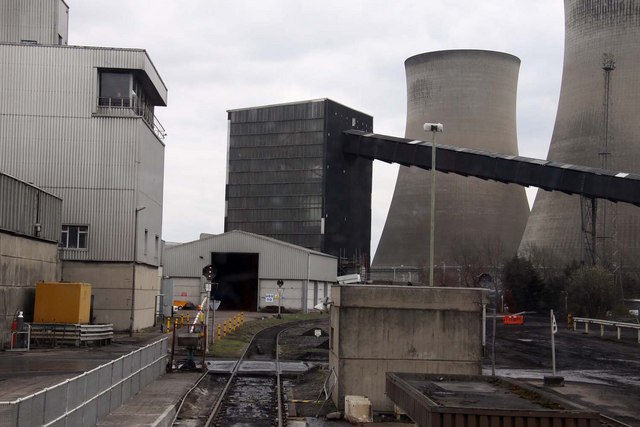After a fire put one of the 370MW generators at E.ON's Ironbridge coal-fired power station out of action in February, another fire knocked out two 500MW coal-fired units at SSE's Northbridge power station too, with one expected to return to service no earlier than November 2014, and the other after March 2015. Then EDF announced the shutdown of the 1190MW Heysham 1 and the 1150MW Hartlepool nuclear power stations in August, due to concerns over a design flaw in the boilers - these are expected to return to service during October.
So it's hardly a surprise that National Grid has asked if anybody can commit to providing extra reserves of electricity generation for this winter...
Of course, we don't know how cold the winter may be yet - if it's mild like 2013/14 then we probably wouldn't have a problem. At least the gas storage is nice and full, after light usage last winter. But if it happens to be cold, or if there are further outages at our ageing power stations, then things might get a bit tight...
UPDATE (4 Sep 2014): EDF has now said the reactors will only come gradually back online between October and December... Click here to read the rest of this post.

